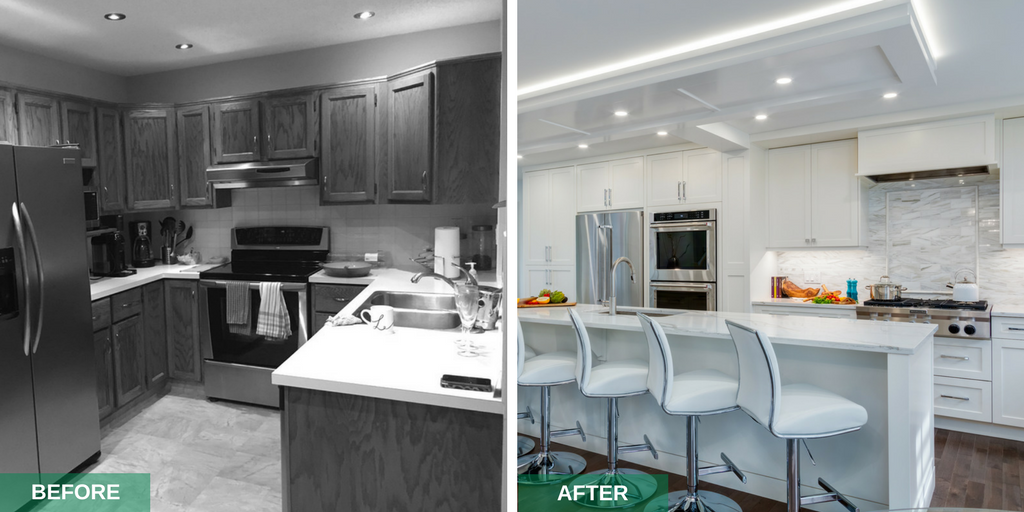Your dream renovation is underway. You found the right contractor, checked their references, agreed on the plans and schedule, and most importantly signed a contract that includes a warranty.
But you’ve just found the perfect lighting fixture or floor tile, and it’s different than what’s in your contract. Or you’ve opened up a wall to find unsafe wiring that will need to be replaced. What do you do? Here are three commonly-asked questions about making changes after a renovation is underway.
1. How can I make changes after a renovation starts?
Even in the best planned renovation, some things may need to be changed after the work begins. Fortunately, there’s a simple way to deal with changes — with a ‘change order’.
This is a mini contract that defines the altered or additional work you want done. Change orders describe the alterations from what was originally agreed to that you want to make, and include the cost and payment details. Once signed by you and your contractor, these become part of your contract.
Always make sure that when you make a change it’s properly documented and signed off by both parties.
2. What is a renovation contingency budget for?
During some renovations there may be instances where a contractor is unable to determine the amount of work required for specific aspects of the project until the work is underway. For example, once your shingles have been removed it may be discovered that your roof sheathing (which lays under the shingles) is in poor condition and needs to be replaced. For this reason, a contractor will establish a contingency budget in your written contract – or a reserve of funds in the event it’s needed.

At the outset of your renovation, the contractor provides an estimate cost to replace the roof sheathing in your written contract. This is in case it’s discovered that a replacement is required. If the sheathing does not need to be replaced, the contingency budget would not be spent.
A proper contingency budget is linked to a specific aspect of a project and is always subject to your approval.
3. What if there’s an unforeseen problem during my renovation?
Sometimes a contractor finds an issue during a project that could not have been anticipated beforehand. Examples could include rotted floorboards from leaky pipes or dangerous electrical wiring from a previous renovation.
Often, a renovation contract will include a clause that states these types of situations – or hidden deficiencies – are not covered by the contracted price. Instead, the contractor will inform you of the problem and ask how you feel comfortable managing it. From there a cost will be determined and the work will only begin once/if you offer approval. Once you approve the change, it becomes part of your written contract.
Find out more information at www.getitinwriting.ca.
